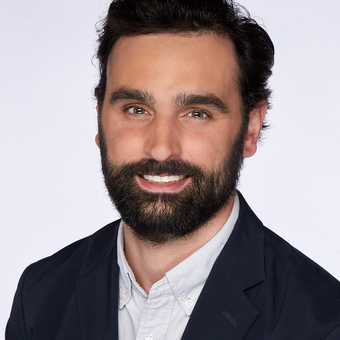Fox News Flash top headlines for November 29
Fox News Flash top headlines are here. Check out what's clicking on FoxNews.com.
White House coronavirus response coordinator Deborah Birx said on Sunday that she is “deeply concerned” about an increase in cases of the deadly contagion following the Thanksgiving holiday.
“If you look at the second wave, we had less than 25,000 cases a day, we had way less mortality. We’re entering this post-Thanksgiving surge with three, four and 10 times as much disease across the country,” Birx said on CBS’ “Face the Nation.”
She added: “We are deeply worried about what could happen post-Thanksgiving.”
NEW JERSEY CHURCH AND SYNAGOGUE ASK SUPREME COURT TO LIFT COVID RESTRICTIONS ON GATHERINGS
The United States passed the grim milestone on Friday, with 90,481 patients in a medical facility and more than 6,000 of them on a ventilator, according to the COVID Tracking Project. That number dipped over the weekend.
Experts are warning that coronavirus testing numbers that have guided much of the nation’s response to the pandemic are likely to be erratic over the next week or so, as fewer people get tested during the Thanksgiving holiday weekend and testing sites observe shorter hours.
The result could be potential dips in reported infections that offer the illusion that the spread of the virus is easing when, in fact, the numbers say little about where the nation stands in fighting COVID-19. The number of Americans who have tested positive passed 13 million Friday, according to Johns Hopkins University.
A similar pattern unfolds on many weekends. Because some testing centers, labs and state offices are closed on Saturdays and Sundays, COVID case numbers often drop each Sunday and Monday, only to peak on Tuesday.
Johns Hopkins University reported a high of more than 2 million tests a few days before Thanksgiving as people prepared to travel, but that number had dropped to less than 1.2 million tests on Thanksgiving Day. The latter number, as well as positive case numbers, which had dropped by about a third Friday, could be adjusted as more results are returned.
Experts worry how people might interpret the situation after the long weekend, especially if it takes a few weeks for Thanksgiving exposures to show up in testing data.
CLICK HERE TO GET THE FOX NEWS APP
Cities and states generally use hospitalization and intensive care numbers, which lag behind virus case reporting, to determine when to increase or ease public health restrictions and recommendations. But the public is more likely to look at testing numbers or case counts, which might be misleading, Dr. Leana Wen, a professor at George Washington University, said, and waiting until hospitals are overwhelmed is risky.
For most people, the new coronavirus causes mild or moderate symptoms, such as fever and cough that clear up in two to three weeks. For some — especially older adults and people with existing health problems — it can cause more severe illness, including pneumonia, and death.
The Associated Press contributed to this report.
















































